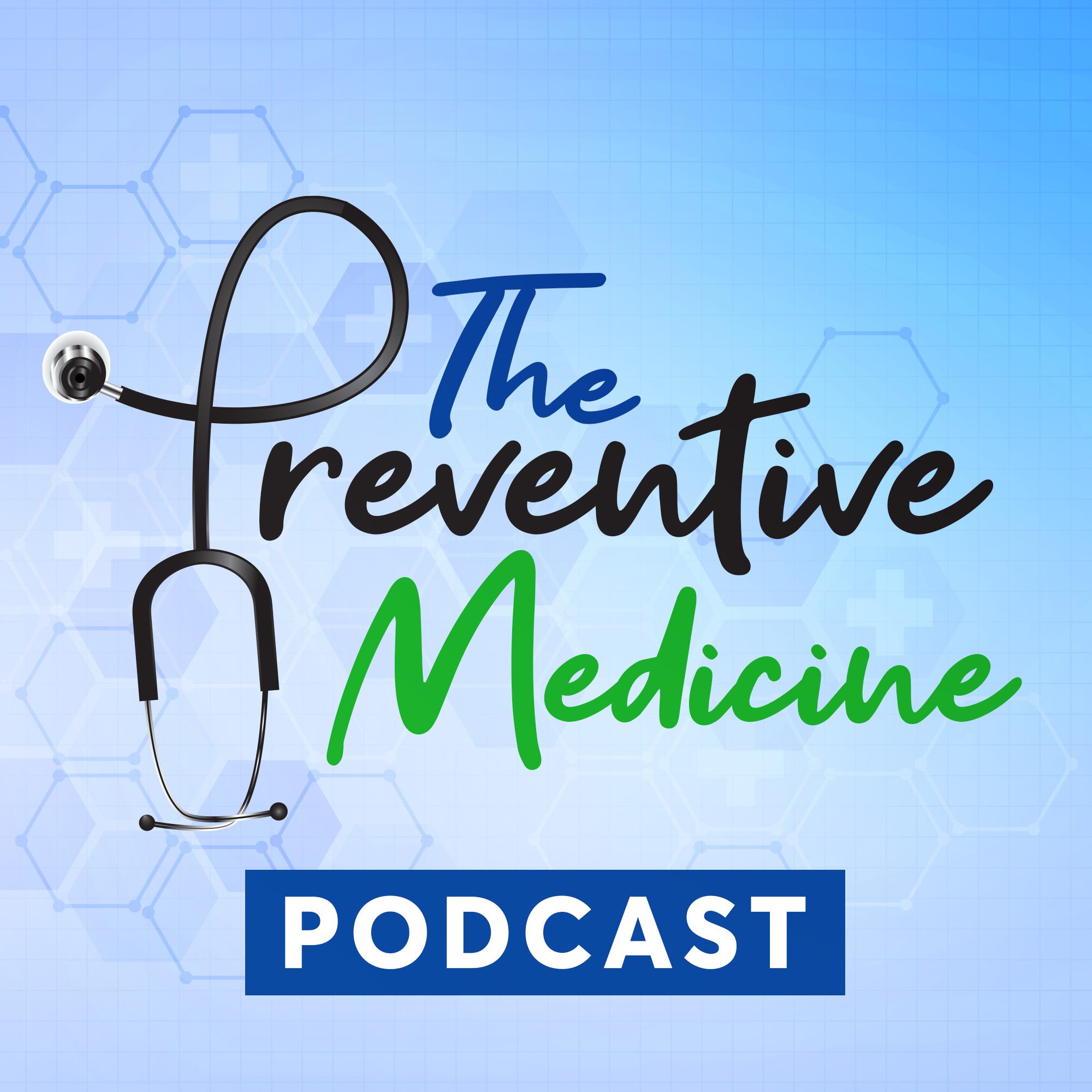
Alyssa Olenick PhD(c)
Alyssa Olenick is currently a third year PhD student but has already made a significant impact on thousands of individuals across the country. With a background in sports, Alyssa enrolled in college thinking about a career in fitness but quickly fell in love with science and is now working on her PhD in exercise physiology with a special interest in metabolism, metabolic diseases, and sex differences. Alyssa is the owner and founder of LittleLysFitness where she provides coaching and guidance to individuals across the country on nutrition and exercise. She is also very vocal on social media and has an Instagram following of nearly 30,000 people where she provides evidence-based advice to others seeking to learn more about health and fitness.
Currently, Alyssa is training for a 100km ultramarathon while balancing her coaching business, PhD, social media presence, and appearances on many podcasts. Tune into this lively 1 hour conversation and learn about preventive medicine through an evidence-based approach to exercise, nutrition, and living your best healthy and fulfilling life.
Show Notes
(0:00 – 3:40) – Introductions
Question 1: Tell us a little bit more about what you do and why it is what you do?
(3:40 – 10:10) – A Digestible Approach to Evidence-Based Recommendations
Question 2: How do you balance the line between using scientific information to advise people and a message that people can understand and get behind?
(10:10 – 18:50) – The Use of Social Media as an Informative Platform
Question 3: Was there a defining moment when you decided you wanted to start using social media to spread your message?
Question 4: Do you ever doubt yourself on your social media posts due to the nature of evidence-based medicine shifting as new evidence reveals itself?
(18:50 – 28:10) – An Evidence-Based vs. “Bro-science” Approach to Fitness
Question 5: What is the difference between the bro-science and evidence-based approach to health and fitness when the results or outcomes of each seem to be the same when scrolling through social media?
Question 6: Is it true that an evidence-based approach to fitness mostly serves to provide guidelines so that individuals may build a plan that works for them versus the one path that a bro-science approach gives you?
(18:50 – 37:10) – Are Coaches Necessary for Health?
Question 7: Everyone knows that they should be doing specific things (exercise, eat right) but no one seems to do it. Does it always take a coach to guide them? How can a general person apply information themselves?
Question 8: Do you think there is a specific person who should be the coach? Should it be a physician?
Question 9: Why did you decide to go the PhD route vs. the MD/DO route to helping people with their health?
(37:10 – 46:00) – An All-Hands on Deck Approach to Health
Question 10: Often times we see the miscommunication or complete lack of communication between practicing physicians and academia. What can you speak about the gap between these two and a team-based approach to health?
Question 11: What does preventive medicine mean to you as someone engaged in academia?
(46:00 – 58:20) – Why is Fitness Always Extreme?
Question 12: People tend to think that fitness only includes the extremes such as lifting super heavy, running marathons, etc. Where is the middle ground?
(58:20 – 1:10:00) – Exercise Differences in Men vs. Women?
Question 13: You do a lot of work and coach many women, are there any differences with preventive medicine or fitness between men and women?
(1:10:00 – 1:13:00) – Closing Remarks
Question 14: If someone runs into you in an elevator and you have two minutes to tell them how to get healthier what do you tell them?
Podcast: Play in new window | Download (Duration: 1:12:46 — 99.9MB)
Subscribe: Apple Podcasts | Spotify | Stitcher | RSS | Subscribe here on any platform!
